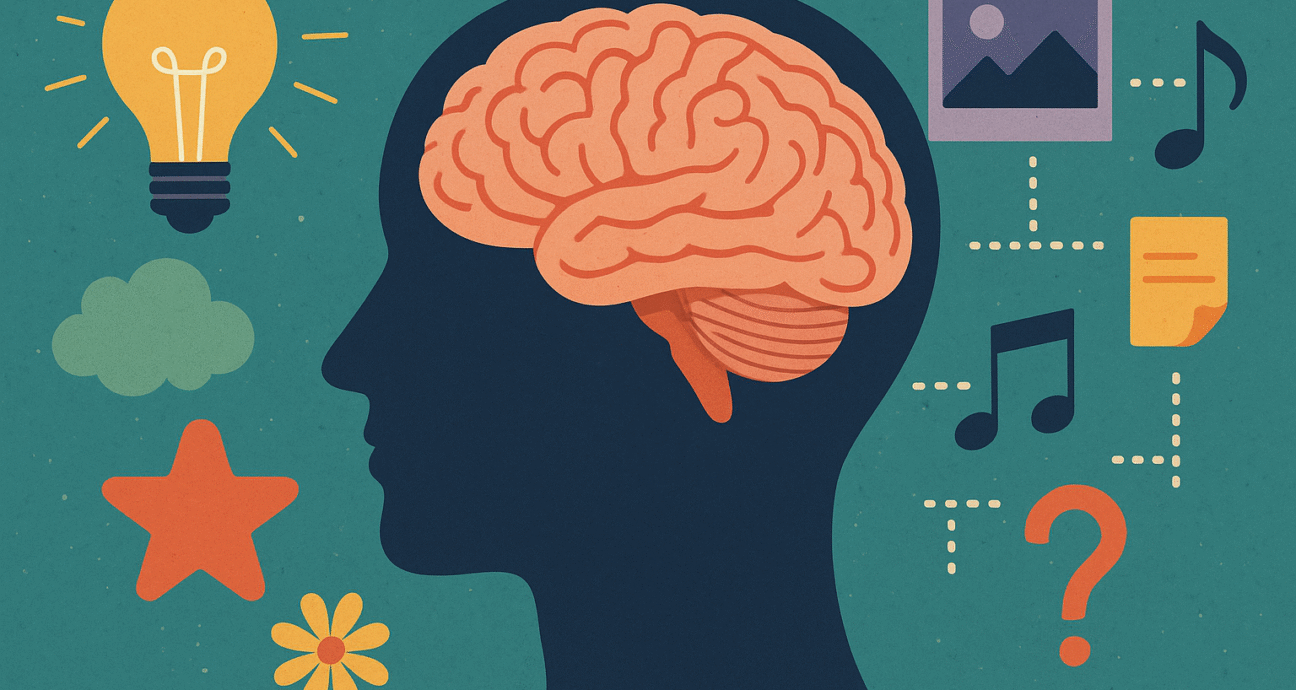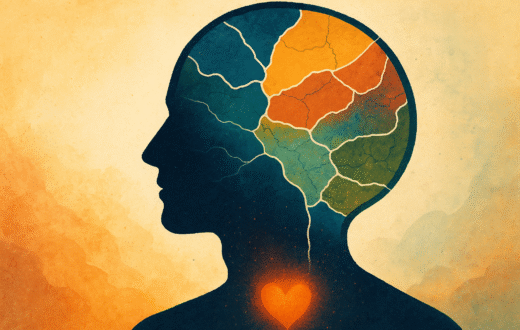The Science of Memory: Understanding How We Remember and Forget

Memory is the unseen mechanism that connects our experiences, shaping our sense of identity and continuity. Every memory, whether joyful, painful or mundane, forms part of the narrative we carry through life. But memory is far from flawless. It is a dynamic, selective, and often unreliable process shaped by our brain’s biology and emotional states.
How Memory Works
Our brains are home to billions of neurons, each forming thousands of connections. These neural networks form the foundation of memory. When we encounter something new, groups of neurons fire together, forming patterns. Through a process known as synaptic plasticity, these patterns become stronger and more likely to be recalled in the future.
At the center of this system is the hippocampus, a brain structure essential for organizing and forming new memories. Damage to this area, as seen in certain types of amnesia, disrupts the ability to store long-term experiences. Yet memory is not stored in a single location—it is distributed across brain regions. Visual aspects are processed in the visual cortex, sounds in the auditory cortex and emotions in the amygdala.
Encoding and Emotional Weight
Before a memory can be stored, it must be encoded—a process dependent on attention. We don’t remember everything; the brain prioritizes what seems relevant, especially events that trigger strong emotional responses. Emotional memories, such as those associated with love or fear, are encoded more deeply because of the interaction between the hippocampus and amygdala.
Types and Layers of Memory
Memory is structured in layers. Sensory memory briefly holds raw impressions of our environment. Working memory helps us temporarily hold and manipulate information, while long-term memory stores facts, experiences, and skills over time.
Long-term memory divides into:
- Explicit memory (conscious recall): Includes semantic memory (facts) and episodic memory (events).
- Implicit memory (unconscious recall): Includes procedural memory, such as riding a bike or typing, which operate without active thought.
Consolidation and the Role of Sleep
After encoding, memories must be stabilized—a process called consolidation. During deep sleep, especially in REM and slow-wave stages, the brain revisits recent experiences, reinforcing them and transferring them from temporary to long-term storage. Lack of sleep disrupts this process, while quality sleep can significantly enhance recall.
Memory Retrieval and Reconstruction
Remembering is not like pressing “play” on a recording. It is reconstructive—each act of recalling a memory rebuilds it slightly, often changing details without us noticing. Cues like smells or music can suddenly trigger old memories, revealing how sensory information links to stored experiences.
Why We Forget
Forgetting is a necessary part of brain function. It prevents overload and helps prioritize important information. We may forget due to:
- Decay: weakening of neural connections over time,
- Interference: new information disrupting old memories,
- Retrieval failure: when a memory is present but temporarily inaccessible.
In some cases, memories are suppressed due to emotional trauma, though this remains a debated topic in psychology.
When Memory Fails
Memory can become impaired due to neurological conditions like Alzheimer’s disease, which progressively erodes memory and identity. On the other end of the spectrum, disorders like PTSD involve memories that are overly persistent and distressing.
The Brain’s Flexibility
Despite its fragility, memory is adaptable. The brain can compensate for damage through neuroplasticity, reorganizing its networks to retain function. Activities like learning, physical movement, and social interaction help maintain memory and delay cognitive decline.
Future Frontiers
Technological advances offer new ways to understand and influence memory. From brain stimulation to memory-enhancing drugs, the potential to alter or enhance memory raises profound ethical questions about identity and authenticity.
Memory and the Self
At its core, memory forms the backbone of who we are. Even as memories fade or distort, they provide the framework through which we understand ourselves and the world. Forgetting, rather than a flaw, is part of this intricate system, allowing us to grow, adapt and make space for new experiences.




